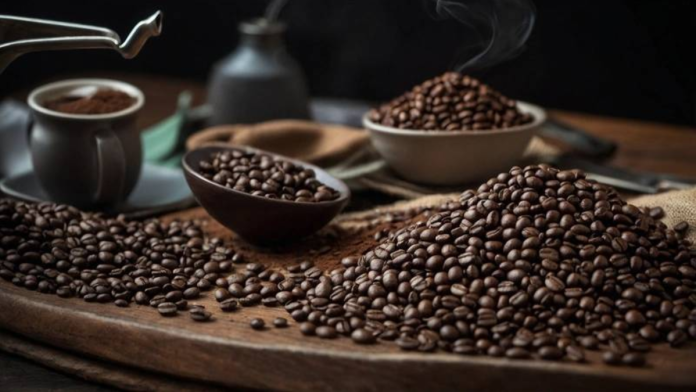A new bipartisan bill is set to target coffee tariffs that have been driving up prices for Americans. The legislation, introduced by Representatives Don Bacon (R-Nebraska) and Ro Khanna (D-California), plans to exempt coffee from the sweeping import taxes imposed by President Donald Trump. If passed, Americans could buy coffee without paying extra taxes caused by these tariffs.
The bill would cover all coffee products, including roasted, decaffeinated coffee, husks, skins, and other drinks made from the beverage. Roasted beans are the usual type people brew at home, while decaffeinated versions have had most of their caffeine removed. Bacon and Khanna said they focused on this staple to help families save on a daily essential. Millions of Americans rely on it, with two-thirds of adults consuming it every day.
Import tariffs are taxes that make imported goods more expensive. In this case, tariffs on coffee have caused prices to rise significantly. Data shows that the cost of coffee has jumped nearly 21% compared to last year. Imported beans from countries like Brazil, Colombia, Nicaragua, and Vietnam are now taxed at rates ranging from 10% to 50%, depending on the country. Experts, including Harvard Business School professor Alberto Cavallo, say this is one of the clearest examples of how tariffs have affected everyday goods.
Canada and Mexico strengthen trade and security cooperation amid US tariffs
Why Coffee is Being Targeted
Lawmakers chose coffee because it is widely consumed and cannot be grown in most parts of the U.S. Unlike fruits or grains, it requires specific climates found mainly in tropical regions. This makes the U.S. heavily dependent on imports, so tariffs hit American consumers directly.
Bacon and Khanna said their goal is not only to lower the price of coffee but also to start a broader conversation about the impact of tariffs on everyday products. Rising costs affect more than just this popular beverage—meat, bananas, and apples have also seen price increases. By highlighting a product people recognize and use daily, they hope to make tariff discussions more relatable.
The bill would exempt coffee from tariffs imposed after Jan. 19, 2025, the day before President Trump took office. This exemption would apply to both coffee drinks and related products, essentially rolling back the White House’s tariffs for this category. By creating a “carve-out” for coffee, lawmakers hope to show that selective tariff relief is possible, as has been done in other areas such as pharmaceuticals and critical minerals.
Challenges Ahead for the Bill
Passing this bill faces significant hurdles. Even if it clears the House, it would need strong support in the Senate, where 60 votes are required to advance legislation. Historically, support for challenging presidential tariff policies has been limited, especially among lawmakers from President Trump’s own party.
US farmers may receive support funded by tariff revenue amid rising costs
A few Republican senators, including Chuck Grassley (Iowa), Mitch McConnell (Kentucky), and Lisa Murkowski (Alaska), have expressed criticism of some tariffs. However, it remains uncertain whether they would support this effort to exempt coffee. Even if Congress approves the measure, it would still need President Donald Trump’s signature to become law. That step could be difficult, as it would require reversing part of the existing tariff policy.
Lawmakers argue that introducing the bill is still valuable because it draws attention to the issue and encourages public discussion. Bacon and Khanna plan to engage the public through town halls—meetings where citizens can ask questions and share opinions—and social media, highlighting how tariffs affect everyday products. They also hope that increased attention could persuade top officials, including Treasury Secretary Scott Bessent and Secretary of State Marco Rubio, to consider exempting coffee from tariffs.
While the path for the bill is challenging, Bacon and Khanna stress that raising awareness is key. They want to protect consumers and make everyday products, like coffee, more affordable without creating political conflict.


